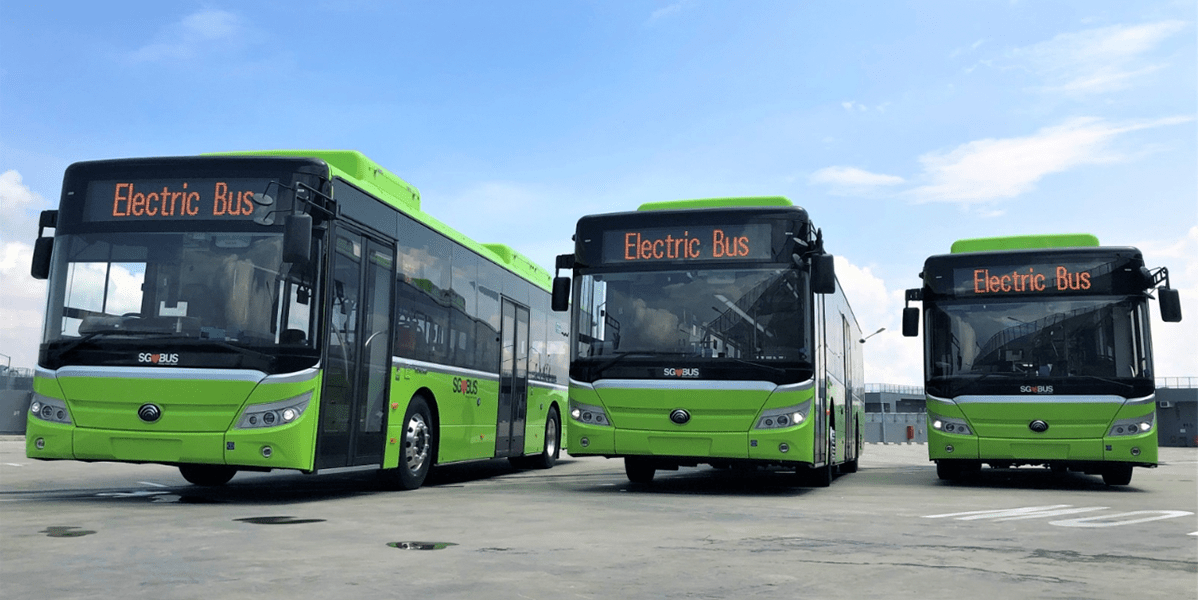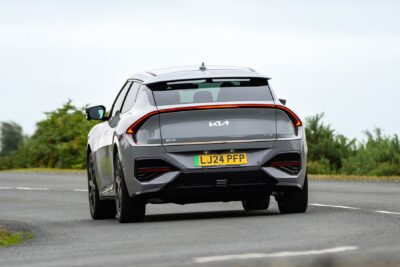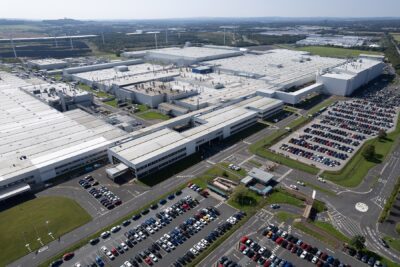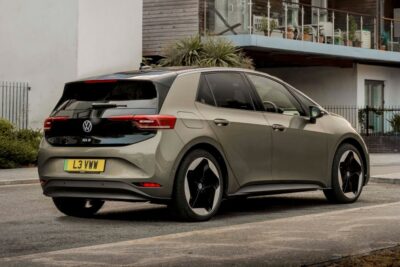Singapore is getting serious about the environment
Singapore will reduce its domestic emissions by rolling out various green initiatives across the land, air and sea transport sectors. The measures include electrifying bus fleets, as well as support vehicles in the airport and harbour, and a major charging initiative.
Singapore’s Transport Minister S. Iswaran presented the various environmental measures, which include electrifying the public bus fleet, airside vehicles and harbour craft, as well as a new $50 million programme to support projects that cut carbon emissions in the aviation sector.
To expand the electric bus fleet in the nation, the Singaporean Land Transport Authority (LTA) will issue a tender for 400 new battery-electric buses in March. The new fleet is planned to hit the road by December 2024, when they will start replacing the diesel vehicles in the fleet. Singapore has also announced an electrification target for their public transport fleet: half of the 5,847 vehicle-strong public bus fleet is to be electrified by 2030. In 2021, Singapore had already issued plans to clean up the taxi business, with no new diesel-powered cars or taxis to be allowed to be registered from 2025.
At the airport, the government wishes to electrify ‘airside’ vehicles, which are all supposed to run on clean energy by 2040, with about 20 per cent of them already doing so today. Part of the measure also includes the stipulation that “all new light vehicles – cars, vans and minibuses – to be used on the airside will have to be EVs” from 2025. A $50 million Aviation Sustainability Programme is to help usher along the process with up to 70 per cent of funding for sector-wide projects that go towards cutting carbon emissions.
In addition to public transport on the roads and the air, the harbour craft sector will be required to achieve net-zero emissions by 2050. There are currently about 1,600 harbour craft in Singapore’s port. From 2030, all harbour craft, or any vessel that only rides on Singaporean waters, as the organizers explain, will be required “to be either fully electric, ready to run on pure biofuels or compatible with so-called net-zero fuels such as hydrogen”.
In addition to the vehicle measures, Singapore will extend the grant that co-funds the installation of EV chargers in condominiums by two years to December 2025. This grant funds up to 50 per cent of the cost of a smart charger, and is capped at $4,000 per charging station. This measure was introduced in the summer of 2021, and was initially supposed to run until December of this year, or until 2,000 chargers had been installed. So far, only 267 charger applications have been approved, so this number still has some space. The grant’s extension was also coupled with measures to make it easier to install charging stations at condominiums “by lowering the threshold for approval from 90 per cent to 50 per cent”.





0 Comments